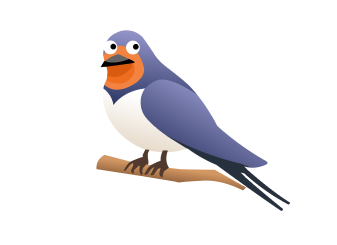27 / 01 / 2026
Pták roku
Pták roku

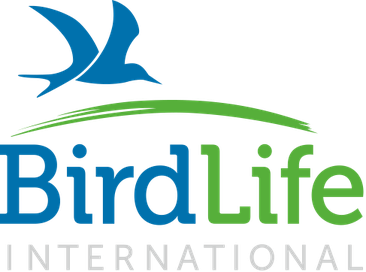
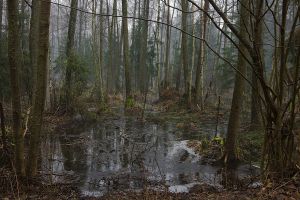 |
| Photo – Cezary Korkosz |
Are you worried about the damage being done to a local wildlife spot, but don't know what to do about it? Maybe you have a favourite place to enjoy nature and want to make sure it's protected?
Your local knowledge means you are often in the perfect position to make a difference. The first thing to do is let your national BirdLife Partner know about the threat to a site.
You may find that there is a local group already campaigning to save the site. If not, you could start your own BirdLife Partner may be able to help you, or put you in touch with other local people or organisations who can.
Tell your local newspaper or radio station about what is happening. Put a post on your Facebook wall and ask your friends to forward this message. Many other people may care about the site as much as you do, and will be glad to get involved once they have heard the news.
Your local authority will be involved in deciding whether the change to your site can go ahead, so let them know why you think the place should be protected.
If the threat comes from rubbish dumping or hunting and trapping, it may be illegal, so tell the local authority or the police about it, and they may be able to stop it.
People power can save Nature’s special places
In recent years, ordinary people have been able to save many places that are important for birds and other wildlife from harmful developments.
The Rospuda Valley in north-eastern Poland is one of Europe’s last remaining wildernesses. An area of ancient peat bogs, wetlands and primeval forest, it is an important refuge for species such as lynx, wolf and beaver, White-tailed Eagle, Common Crane and Corncrake.
In 1996, developers announced plans to build a bypass around the town of Augustów in north-eastern Poland, that would pass directly through the Rospuda Valley.
The proposal caused a public outcry, and galvanized a coalition of local environmental campaigners and organisations, key amongst them the Polish Society for the Protection of the Birds (OTOP/BirdLife in Poland). They launched a vigorous campaign to protect Rospuda, and before long, thousands of people across Poland were wearing green ribbons to show their support.
OTOP and the coalition kept up the pressure on the government. Long years of campaigning and legal argument followed, until in 2009, the government announced that the road would not be built through Rospuda Valley -or nearby Biebrza Marshes, Augustów Primeval Forest and Knyszyn Primeval Forest.
In Malta, volunteers are a crucial part of efforts to halt the illegal hunting of migratory birds. Each year, BirdLife Malta runs two conservation camps—Spring Watch Camp in April, and Raptor Camp in September.
Volunteers come from numerous countries including the UK, Germany, Italy, France, Spain, Denmark and Finland to help monitor bird migration and act as a deterrent to illegal hunting by reporting illegal activities to the police.
The wetlands around Wakkerstroom in South Africa are important for hundreds of species of birds, including rare cranes and migratory birds of prey. The area is also the source of major river systems in southern Africa.
In 2008, the area was threatened by a plan for open cast coal mining. The BirdLife Partner in South Africa, with its network of local bird clubs, formed a group of NGOs which worked tirelessly to raise public awareness, and to lobby the judicial system and the government.
In 2010, the coal company not only withdrew their proposal, but paid the NGO group for their expenses and time. Later in the year, the area under threat became the first Protected Environment in South Africa, the Kwamand-langampisi Protected Environment.
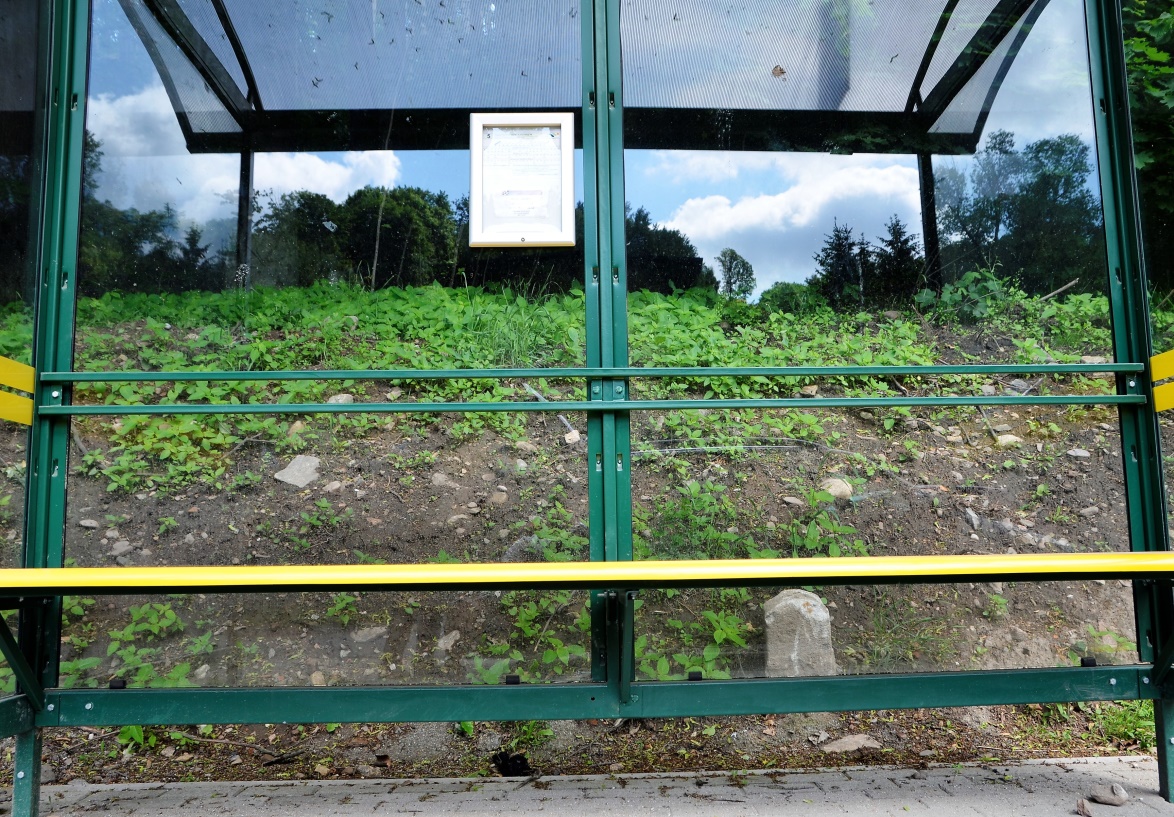
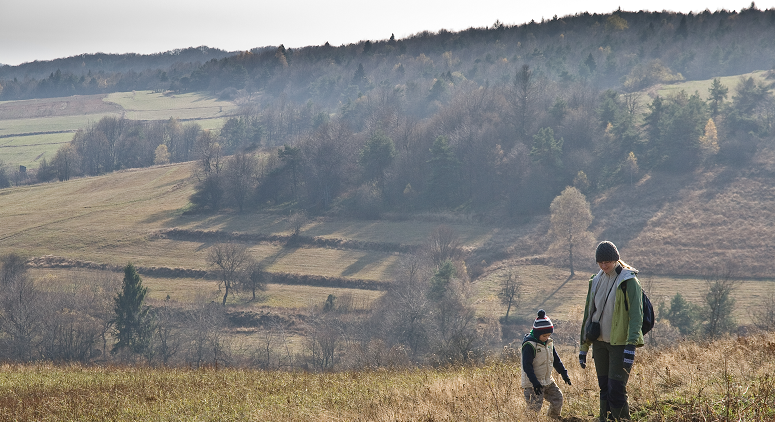
Our top 10 tips on how to be a good birdwatcher
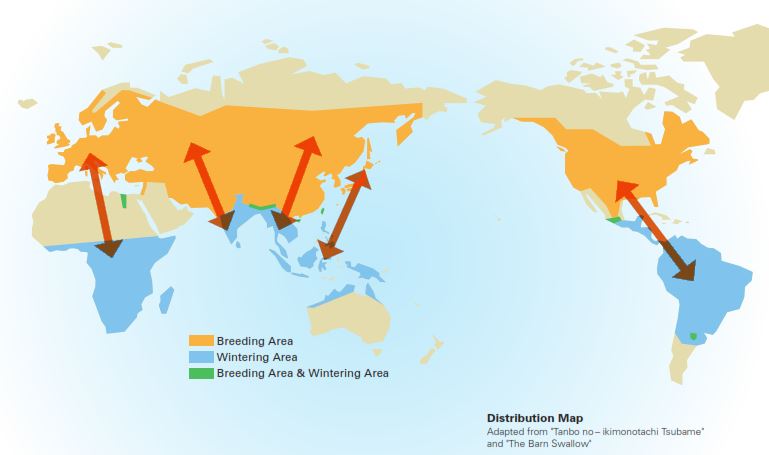
Barn Swallows are one of the most popular and familiar birds in the world. Let's meet them! :)
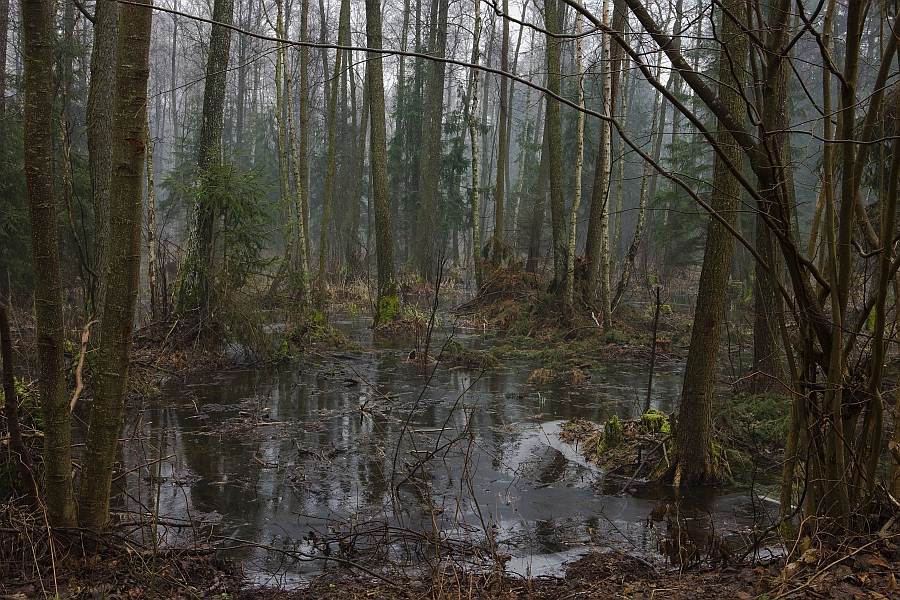
We see a baby bird on the ground and we think it is alone, helpless, small, cold, clumsy and fluffy… it is hard to resist the urge to rescue. But often people intervene when in fact most chicks are "fledglings" that should be left alone.
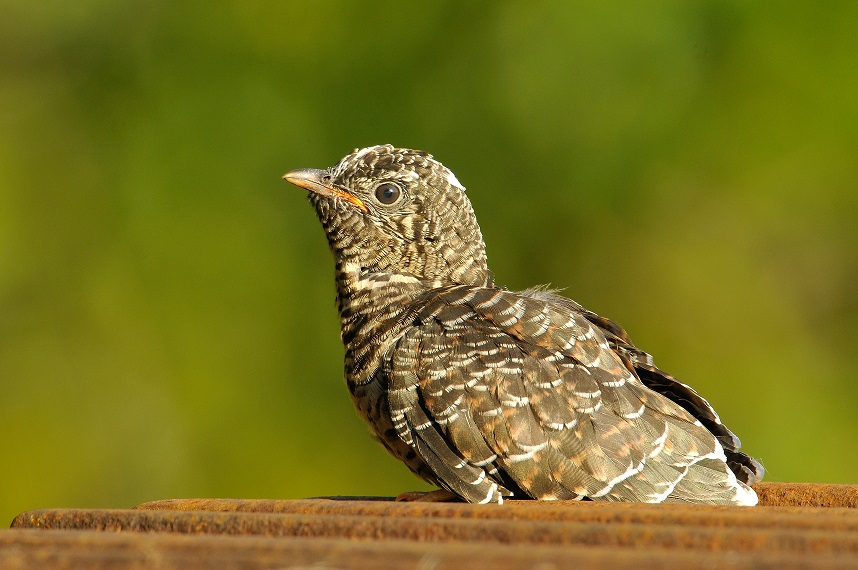
For example, children today are less likely to have heard the call of the Common Cuckoo than their parents, and much less likely than their grandparents.
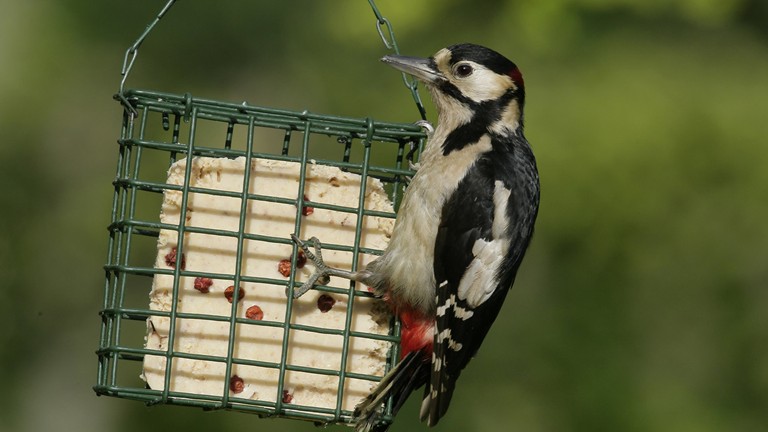
By putting out the right food at the right time of year, you can help your local birds get through times when natural food is short, and be fit and ready to breed in the spring.
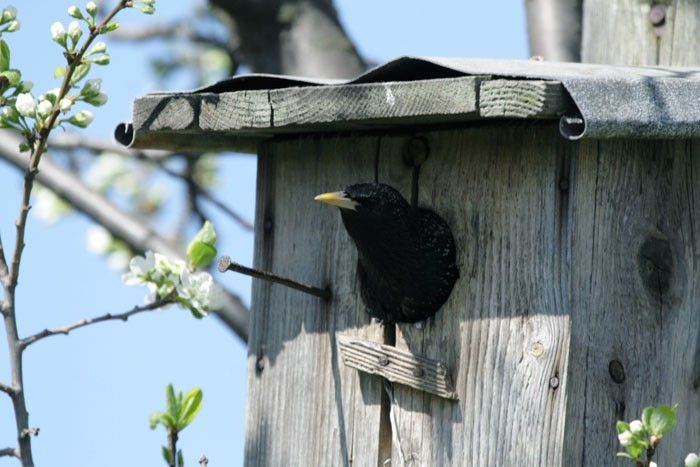
Make Spring come Alive in your garden or balcony each year!
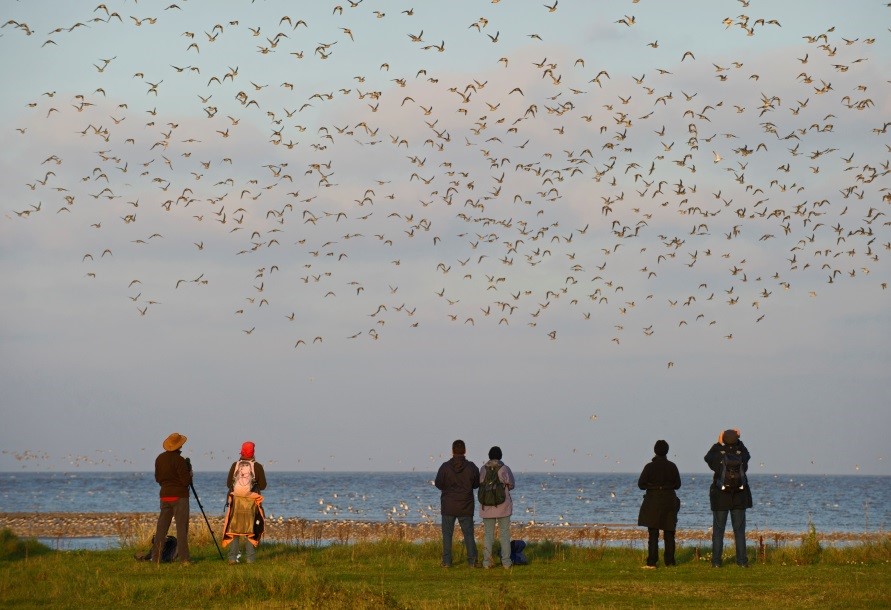
Put simply, citizen science is scientific research conducted by people who are not professional scientists. Some of the biggest discoveries in the world have been made by people without official scientific qualifications or funding.
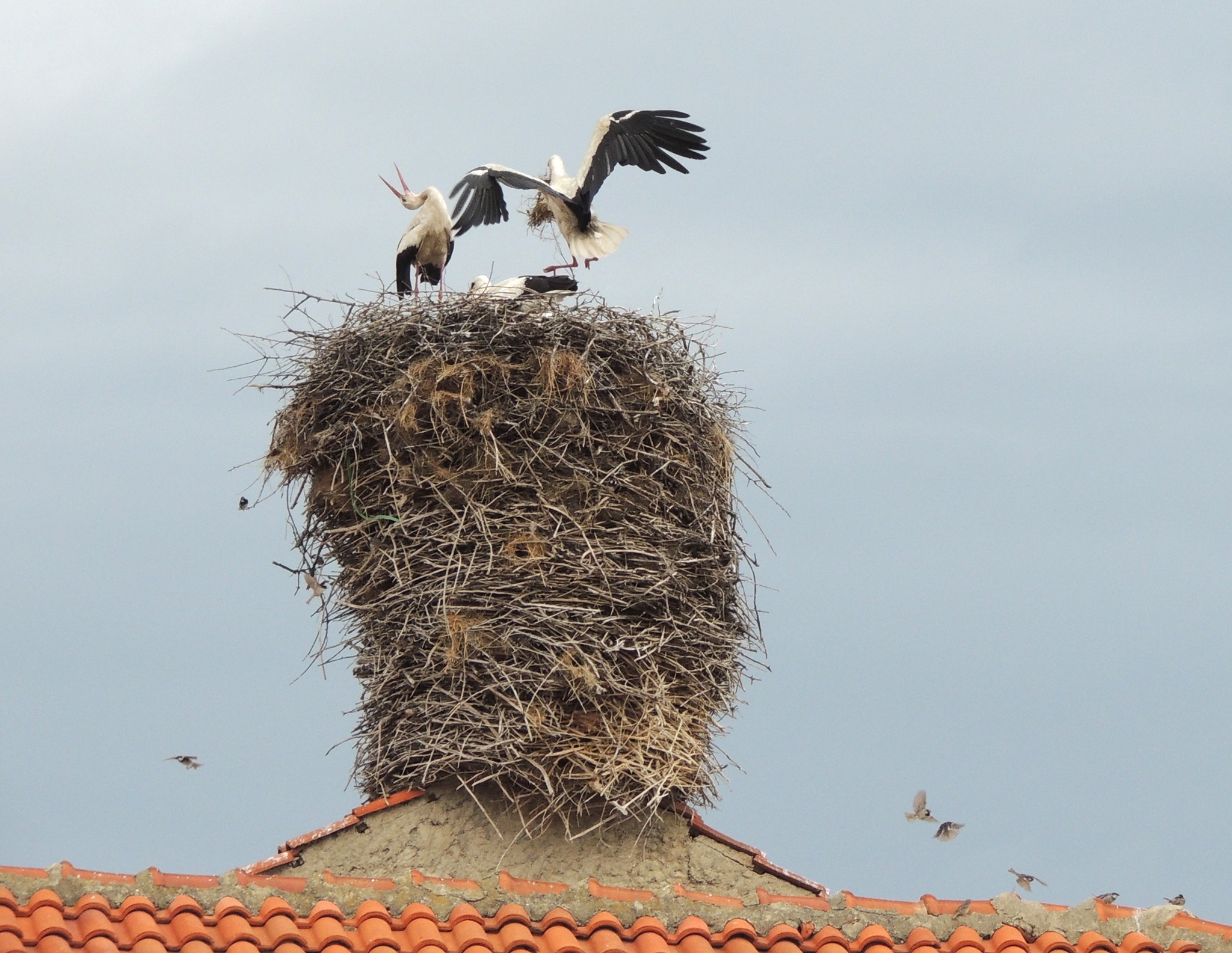
When storks are gathering materials for their nests, they may bring back various man-made objects, without realizing that they may be dangerous.
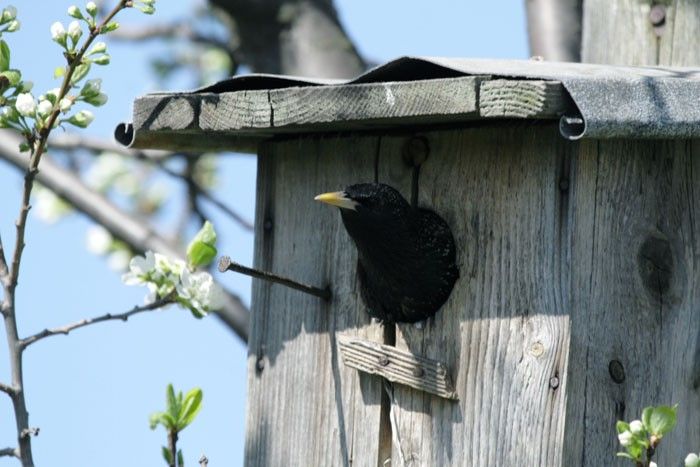
Many birds nest in holes. But modern forestry methods, and safety concerns in towns, mean that there are fewer old trees with hollows where birds can make their nests.
